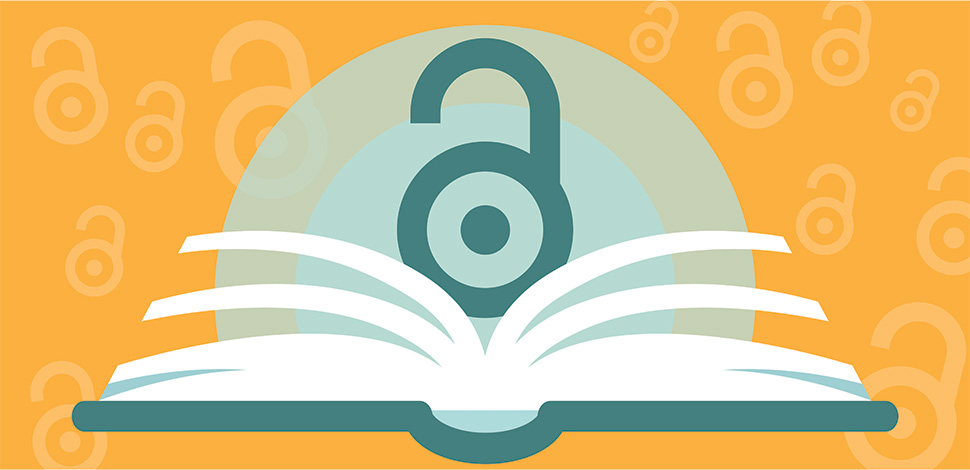Open access publishing means that your research results are available to readers free of charge. In addition, you retain your own copyright and, by adding a Creative Commons License to your work, you can determine the conditions under which others can reuse your work.. This contrasts with traditional subscription models, where authors transfer their rights to the publisher. Open access publishing can be accomplished in different ways, each one with its advantages and drawbacks.
Most journals charge a so-called Article Processing Charge (APC) to cover publishing costs, since open access articles do not generate revenue from subscription fees or one-time purchases. This applies to both journals that are fully open access (“Gold open access”) and those that offer both open and closed articles (“hybrid open access”). APCs can be extremely high (they typically range from €2,500 to €3,500, but can be as high as €10,000), and covering these costs themselves is not always possible for researchers. Fortunately, there are several ways for researchers affiliated with Dutch universities to publish open access without having to pay the costs themselves:
- Support from funders: cOAlitionS funders such as NWO and the European Commission have immediate open access requirements, and as such projects funded by these bodies have funds to cover open access costs.
- Publisher Deals: Through national deals negotiated by the Dutch University Libraries, APCs are waived for researchers affiliated with participating institutions when publishing in certain journals. The Journal Browser helps you figure out what journals are included in our Publisher deals, and which are not.
- Repository or Green Route: By using the Dutch Open Access Regulation, you may be eligible to first publish your article in a subscription-based journal (without APCs) and after an embargo period of six months upload a copy of the final version of your article on your institutional repository.
- Diamond open access publishing: You can look in the Directory of Open Access Journals (DOAJ) for journals that do not charge either author or readers. The National Expertise Center on Diamond Open Access, hosted on this website, has plenty of information on this route to open access publishing.


